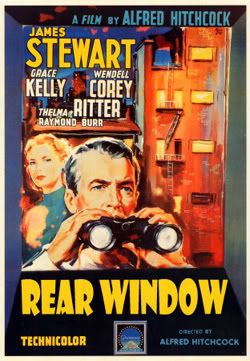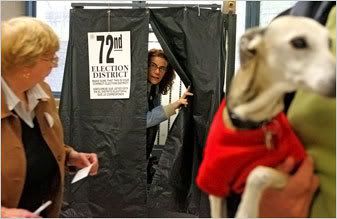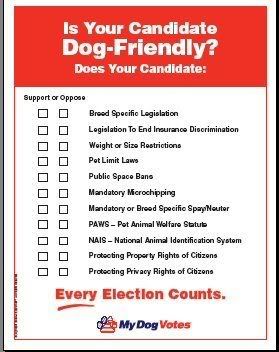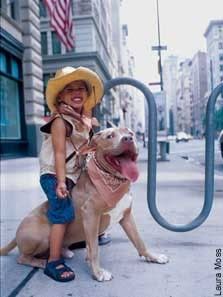 ASPCA Marches on Penn Dog Owners
Agent Orange drives backdoor assault on civil rights
Rude awakening in the City of Brotherly Love.
ASPCA Marches on Penn Dog Owners
Agent Orange drives backdoor assault on civil rights
Rude awakening in the City of Brotherly Love.
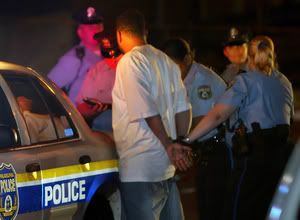 Brotherly love? Uh. Not so much Philadelphia.
Brotherly love? Uh. Not so much Philadelphia.
Not while civil rights-loving Philly residents must cope with Democratic Mayor-Elect Michael Nutter's promotion of controversial "stop, question and frisk" policing policies which allow police to detain and search individuals if they have a "reasonable suspicion" that a crime may be committed. No warrant necessary. You just have to look wrong.
What's so bad about "stop and frisk"? Try "racial profiling" and "unreasonable search and seizure" on for size, Mayor-elect Nutter.
Up against the wall in Philadelphia: Do you live in one of Philly's "targeted enforcement zones? "
Because the police aren't stopping and frisking a whole lot of people in the 'burbs. Studies show that "stop and frisk" policies disproportionately impact black and hispanic citizens. Documentation from New York City on stop and frisk showed that a high percentage of stops did not meet the legal requirements for "reasonable suspicion".
The NAACP partnered up with the ACLU on a class action suit against Baltimore's stop and frisk policy.
Democratic Mayor-elect Nutter managed to line up himself up in favor of racial profiling and against civil rights. Weird spot for Democrat. . . or is it?
Are we a nation governed by the rule of law? Or we governed by the rule of fear?
ASPCA's very Orange campaign: selling panic, defending market share in turbulent times 
Animal rights protection agencies are living through interesting times. As the US Sportsman's Association points out, the Humane Society of the United States is set to swallow up the little fish--and even honking big fish like the ASPCA with its $67 million annual income--in its quest for political power. As the the ASPCA resists being eaten alive by Wayne Pacelle it developed its own national strategy.
As the the ASPCA resists being eaten alive by Wayne Pacelle it developed its own national strategy.
Philadelphia is the ASPCA's beachhead in an struggle for marketshare. So, what's ORANGE done for Pennsylvania lately?
Artificial standards allow stopping, frisking -- and now they'll seize your dog.
Just as "wrong-looking"people aren't able to linger in certain parts of Philadelphia without undergoing an unreasonable and unwarranted search of their persons, the ASPCA has a problem with low income Philadelphia residents and their pets.
The ASPCA ran some numbers for themselves:
Philadelphia County demographics (2005):
- 1,406,000 total human population
- $32,573 median household income
- 21 percent of adults live in poverty
- 669,000 total owned animal population
- 138,000 owned animals live in poverty
 The ASPCA's obvious conclusion from the above exercise: poor people in Philadelphia own pets.
The ASPCA's obvious conclusion from the above exercise: poor people in Philadelphia own pets.
 In support of their anti-tethering bill, the ASPCA threw in every piece of internet rumor and junk science available.
But what the ASPCA doesn't mention:
People have tethered dogs from the beginning of the long, mutually beneficial relationship between dogs and humans. Done properly, tethering is a traditional and humane option of responsible restraint.
Tethering, crating, fenced yards, kennel runs, etc., are each responsible options for humane restraint and each may potentially be abused. Dog owners need a full range of choices in order to choose what works best for their situation.
Appropriately restraining a dog safeguards both dog and community. It is the hallmark of a good, caring owner.
In support of their anti-tethering bill, the ASPCA threw in every piece of internet rumor and junk science available.
But what the ASPCA doesn't mention:
People have tethered dogs from the beginning of the long, mutually beneficial relationship between dogs and humans. Done properly, tethering is a traditional and humane option of responsible restraint.
Tethering, crating, fenced yards, kennel runs, etc., are each responsible options for humane restraint and each may potentially be abused. Dog owners need a full range of choices in order to choose what works best for their situation.
Appropriately restraining a dog safeguards both dog and community. It is the hallmark of a good, caring owner.
Racism and dog politics: wheels fall off the Democratic Party wagon
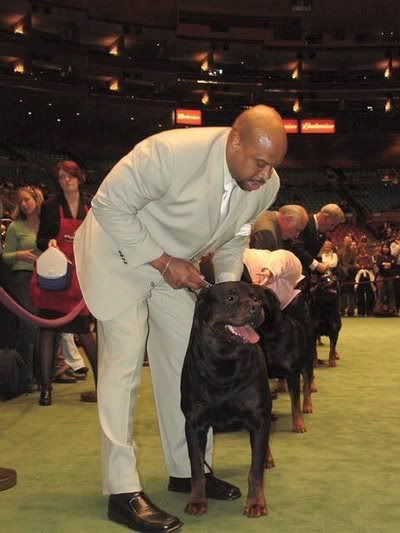 HB 1065, and its clones in other jurisdictions, are not based in fact. They do not cover any "gaps" in existing cruelty laws. They aren't even about "tethering".
They are a backdoor route to the destruction of civil rights for the most vulnerable members of society.
The first victims of the ASPCA's proposed anti-tethering bills--the first to be profiled, unreasonably searched, and suffer confiscation of their private property will be . . .
Blacks and hispanics
Inner city residents
Rural people
Elderly, and poor people
HB 1065, and its clones in other jurisdictions, are not based in fact. They do not cover any "gaps" in existing cruelty laws. They aren't even about "tethering".
They are a backdoor route to the destruction of civil rights for the most vulnerable members of society.
The first victims of the ASPCA's proposed anti-tethering bills--the first to be profiled, unreasonably searched, and suffer confiscation of their private property will be . . .
Blacks and hispanics
Inner city residents
Rural people
Elderly, and poor people These groups represent the lowest hanging fruit in the extremist campaign to end pet and animal ownership.
Dems kiss off the little guy, stand up for racism
Coincidentally, these groups are the traditional stalwarts of the Democratic Party. Or they used to be.
These groups represent the lowest hanging fruit in the extremist campaign to end pet and animal ownership.
Dems kiss off the little guy, stand up for racism
Coincidentally, these groups are the traditional stalwarts of the Democratic Party. Or they used to be.



